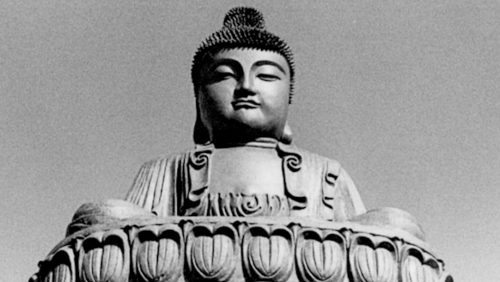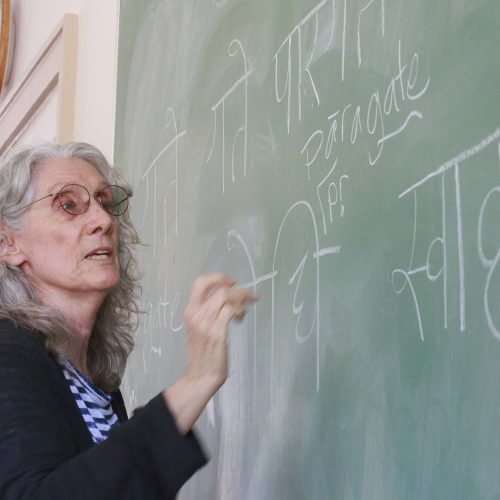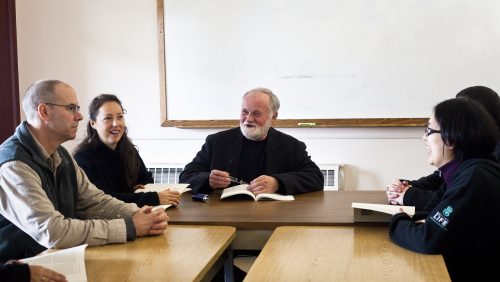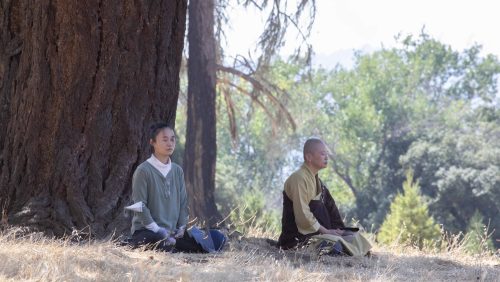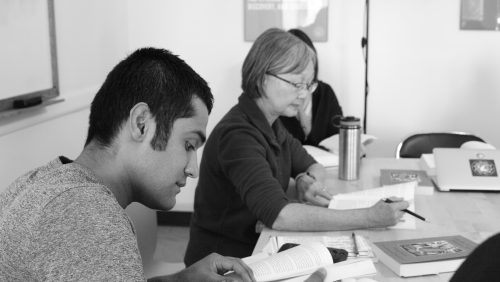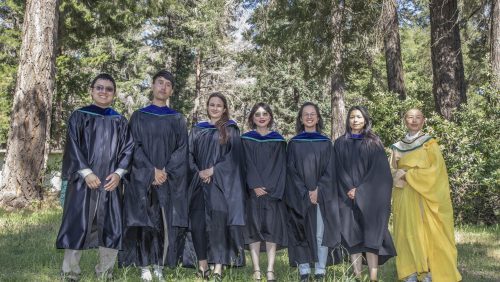Through close reading and integrated contemplative exercises, you’ll approach classic Buddhist texts in the spirit of their original aim—as teachings whose primary function is to facilitate awakening and end suffering.
At the heart of Buddhist thought lies the belief that all beings possess a capacity for wisdom. The goal of teaching is to kindle your innate potential. The goal of learning is to actualize your inherent wisdom.
Program Length
Four semesters (2 years)
Format
In-Person, Full Time
Find Out if the MA Is Right for You
Join our online Info Session
Teaching from the Inside Out
We provide you the support to question deeply. We don’t tell you what is true, but give you the tools to find out for yourself.
Cultivate Your Inherent Wisdom
Immerse yourself in contemplative practices and investigate the actions of the mind. Learn to see through the haze of your habitual patterns.
Living and working in a community that shares the same interests and orientation towards deep and committed cultivation has been very inspiring.
 Lupita Vives
MA '20
Lupita Vives
MA '20
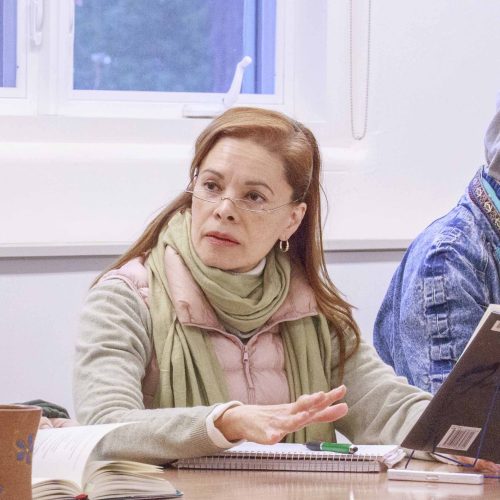
Wisdom from the Source
Read classic texts from Buddhist and Western traditions and wrangle with life’s most timeless questions: Who am I? And how do I want to live?
After DRBU
Many students choose to join the program for their own enrichment or spiritual development. For others, it can further professional development, enhancing their careers or providing a grounding for graduate work in Asian studies, Buddhist studies, Classics or similar degrees.
Explore
Find out everything you need to know about the application process.
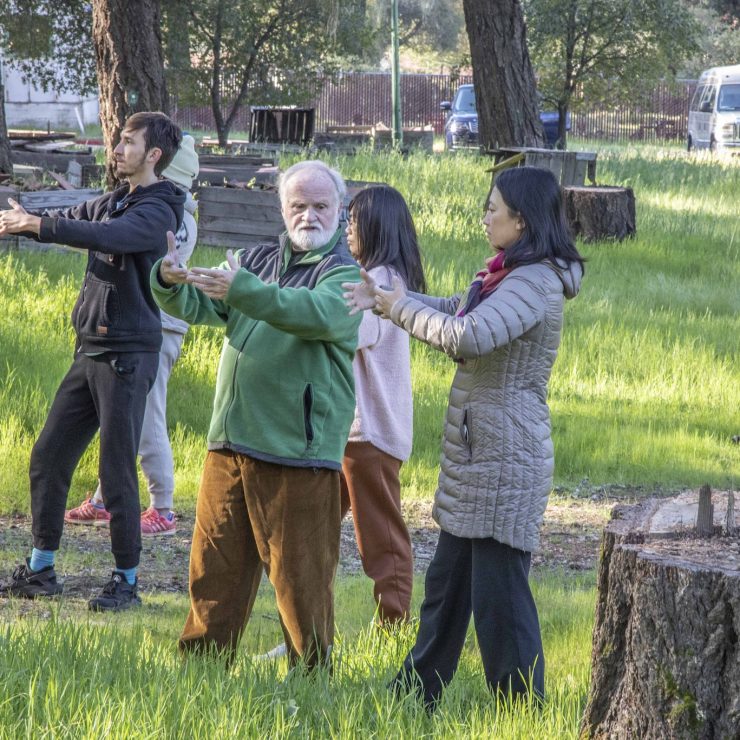
 Dharma Realm Buddhist University is accredited by the WASC Senior College and University Commission (WSCUC), 985 Atlantic Avenue, Suite 100, Alameda, CA 94501, 510.748.9001.
Dharma Realm Buddhist University is accredited by the WASC Senior College and University Commission (WSCUC), 985 Atlantic Avenue, Suite 100, Alameda, CA 94501, 510.748.9001.
